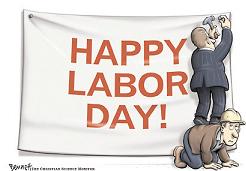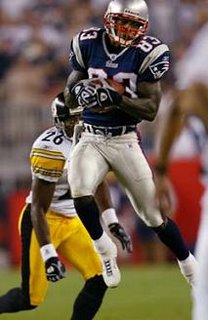Check out this curious statement in an afternoon posting by Michael Felger of the Boston Herald and ESPN Radio:
Furthermore, [Deion Branch's attorney Jeffrey] Kessler revealed today that if Branch loses both grievances, he will then seek damages against the Patriots for extra compensation this year. Kessler said Branch will seek to be paid the difference between what the Pats are scheduled to pay him this season (just over $1 million, minus fines) and the first-year money being offered by Seattle and the New York Jets.If Branch loses both of his grievances against the Patriots, what grounds would he then have to sue the Patriots or seek arbitration against the Patriots for this alleged "extra compensation"? I could understand such an attempt if he wins his greivance, but if he loses? What contractual or other legally-cognizable obligation would the Patriots have in that instance? Or is Kessler--a hugely successful sports litigator--referring to a third greivance that would be filed if Branch loses the first two? Or has the NFLPA simply decided to make this some kind of test case?








